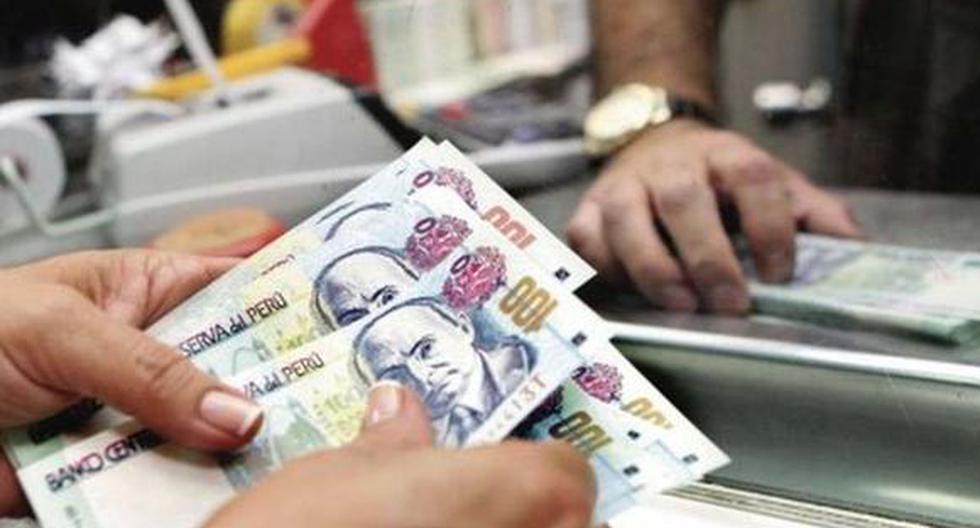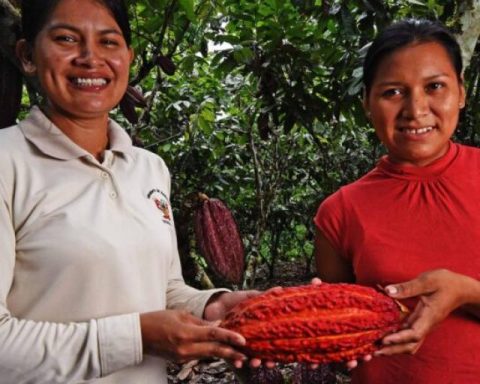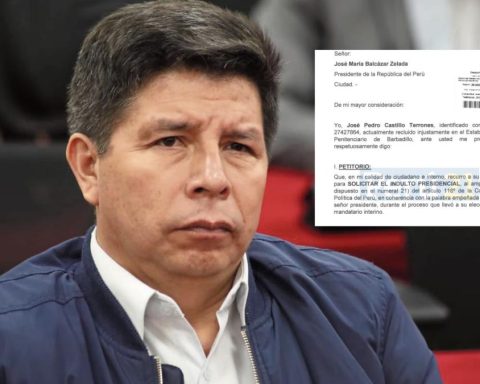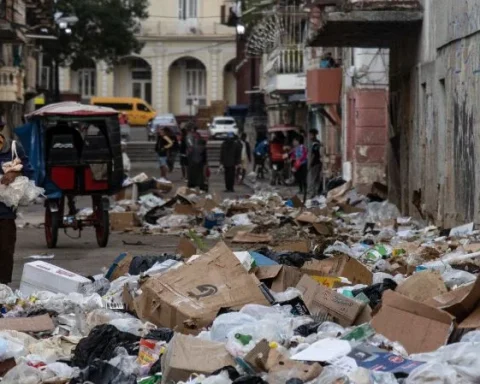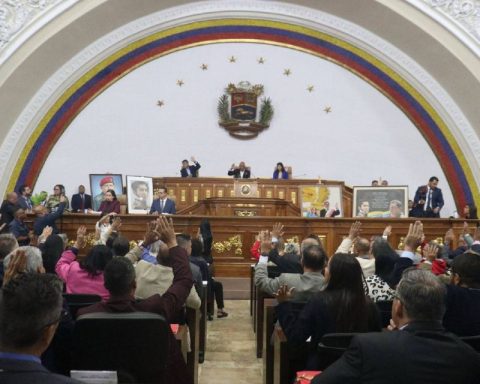Employers of micro, small, medium and large companies have until Monday, May 16, 2021 to make the deposit of the Compensation for Time of Services (CTS) corresponding to the semester period November 2021- April 2022. In this note, find out if you will be one of those who will receive this benefit.
This labor benefit allows workers to have a fund that they can use in case they stop working in the company. For this reason, this amount that accumulates cannot be withdrawn unless the worker has accumulated the equivalent of four salaries. Once achieved, he can proceed to remove the surplus.
Which workers will not receive CTS?
According to Sunafil, according to law, they are not entitled to this benefit:
- Workers who work less than four hours a day (part time).
- Those who receive 30% or more of the fees paid by the public.
- The workers of the microenterprise hired after their registration of the company in Remype.
- Similarly, workers who receive full annual remuneration and workers in the agrarian labor regime who have chosen to collect their CTS together with their remuneration (Law No. 30110 and DS No. 005-2021-Minagri).
Which workers do receive CTS?
- Workers of the private regime who work on average, at least, a minimum daily shift of four hours.
- Small business workers, but at a rate of 15 daily wages per full year of services with a maximum of 90 daily wages.
- In the case of workers in the agrarian regime, the CTS is included in the daily remuneration at a rate of 9.72% of the basic salary; however, the collaborator can choose to be paid differently and semi-annually, as in the common labor regime.
- Pursuant to Law No. 31047 and Supreme Decree 009-2021-TR, domestic workers who work a minimum of four hours a day are entitled to a CTS deposit.
How to calculate the CTS?
To find out how much you will receive for CTS, the Comparabien portal explains:
- Take your monthly salary into account, then add 1/6 of your bonus to it (divide your bonus by six).
- That amount, divide it by 360 and then multiply it by the days worked (for the entire semester, it would be 180).
For example, with a basic salary of S/ 1,500:
- 1/6 bonus: S/ 250
- Basic salary plus 1/6 bonus: S/ 1,500 + S/ 250 = S/ 1,750
- Salary plus 1/6 bonus over 360 days: 1,750/360 = 4.86
- Amount previously obtained by number of days worked (if you worked a full semester, it is multiplied by 180) = 4.86 * 180 = S/ 874.8
- What you will receive from CTS would be approximately S/ 874.8.
“In some cases, overtime, commissions or bonuses received by the worker will be added. This will depend on the labor regime in which you find yourself, so it is advisable in this case to request the information from the Human Resources area.”, indicates the portal.
Withdrawal of the surplus
According to Law No. 30334, workers can withdraw 100% of their CTS that exceeds four salaries that are intangible (untouchable, except for reasons of termination of the worker).
To determine the intangible amount, the last salary that the worker had on the date on which the withdrawal is requested must be considered, multiplied by four.
For example, if the total deposited in the bank is S/ 10,000 and the worker’s salary is S/ 2,000; the four salaries are equivalent to S/ 8,000; the excess to four salaries will be S/ 2,000.
